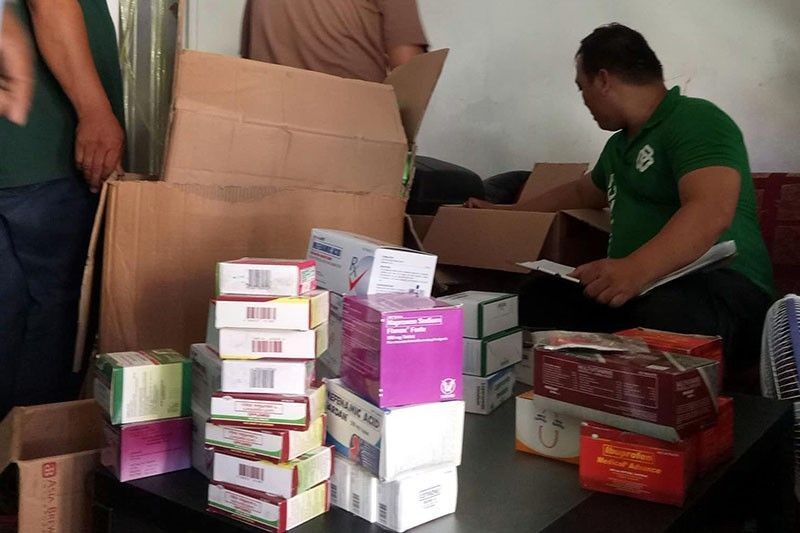IPOPHL cracks down on sellers of fake medicines, health products

MANILA, Philippines — The government is swooping down on entrepreneurs and businesses selling fake medicines and healthcare products as well as those using e-commerce for counterfeit items.
The Intellectual Property Office of the Philippines (IPOPHL) plans stiffer penalties and higher fines to violators under its proposed amendments to the country’s Intellectual Property Code which will be submitted to Congress next month.
Under its proposals, IPOPHL wants to double the fines currently imposed on those found selling counterfeit goods.
The penalty will be further doubled for those found selling fake medicines and other healthcare products, according to IPOPHL director general Josephine Santiago.
“We would like to reduce, if not eliminate, counterfeit goods around. After raising the fines for general goods to double that from present, we will further increase it, if not double it, for counterfeit medicines and those involving public health and safety,” she said.
“That’s how we planned it to be in order to discourage all these counterfeits which really impact on health and life of our citizens,” she added.
Under the current Intellectual Property Code of the Philippines, Santiago said fines for trademark violations which include counterfeiting can go up to P200,000, while copyright infringements may go up to P1.5 million.
Penalties of imprisonment are also imposed, ranging from six months to six years.
Meanwhile, Santiago said stiffer penalties also await those found selling fake items on the internet should its proposed amendments to the Intellectual Property Code be passed.
With the Philippines entering the age of e-commerce, Santiago worries that such business model would be used to spread pirated items in the market.
“We will also be including this as one of those types of cases that should have higher penalty than the regular ones because it can easily be reached, especially that there is a rise of the business model for online sale of items where the public may be duped into buying products which turn out to be pirated and counterfeit,” she said.
“We will also propose the taking down of the site and impose penalties for those who will be found infringing,” Santiago added.
She said IPOPHL would submit in two weeks time to Congress, particularly to the Committee on Trade and Industry, its proposed amendments to the Intellectual Property Code.
Last year, IPOPHL seized some P8.2 billion worth of counterfeit and pirated goods, he biggest haul by the government since 2014.
Over the past 20 years, Santiago said only 17 convictions on intellectual property violations have been recorded by IPOPHL.
“We know that is a low number, the reason is that many of the rights holders might initially file cases but would settle in the middle of the complaint. We don’t find a high number of convictions for that reason,” she said.
- Latest
- Trending


























